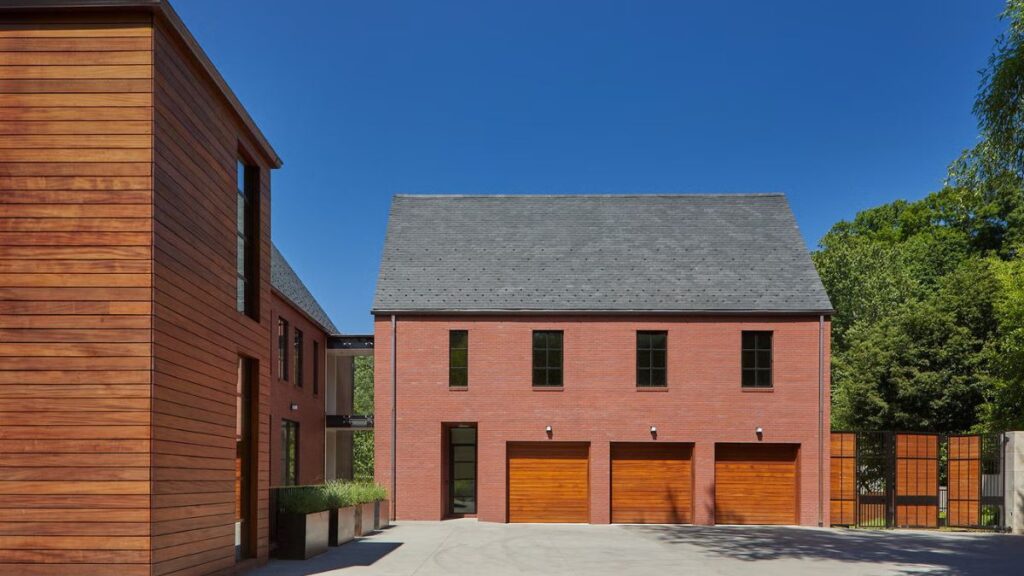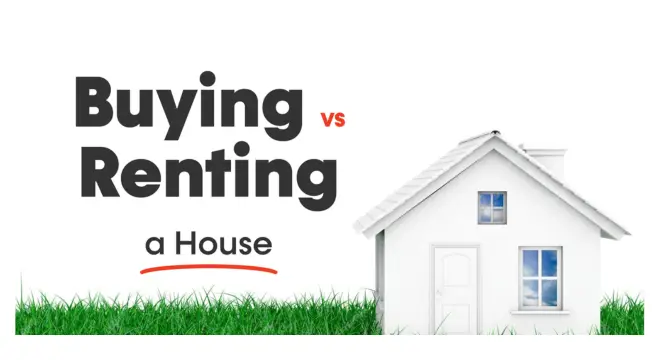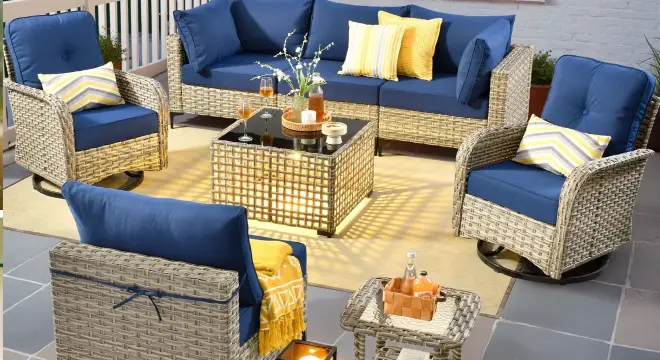Mark Zuckerberg’s DC Mansion: Where Luxury Meets Strategic Security
When tech billionaires buy homes, it’s rarely just about luxury. Mark Zuckerberg’s recent purchase of a $23 million mansion in Washington, DC proves exactly that. Nestled in one of the most politically charged neighborhoods in the U.S., this property isn’t just a high-end residence—it’s a calculated step toward influence, privacy, and protection.
Zuckerberg’s new home represents a growing shift in how the ultra-wealthy approach living spaces: not just as places to relax, but as strategically placed fortresses that offer proximity to power, layered security, and total control over who gets in—and who doesn’t.
A Fortress for the Digital Age
As reported by The New York Times, Zuckerberg’s new home—spread across more than 10,000 square feet—is part of a multi-property estate totaling $23 million. Located in Kalorama, the property was bought through an LLC, which adds another layer of privacy.
The report suggests this is part of a broader pattern where tech leaders build physical spaces that reflect both wealth and the need for seclusion in politically active environments.
While the full details of the home’s security setup are private, real estate experts and past celebrity trends give us a clear picture: biometric gates, high-definition surveillance systems, underground panic rooms, and 24/7 private security are likely in place. These features aren’t excessive for someone like Zuckerberg—they’re essential.
More importantly, these kinds of setups show a shift in mindset: home security isn’t reactive anymore; it’s proactive, deeply integrated, and mission-critical—especially when your identity and influence span continents.
Advanced Security Features: More Than Just Cameras
While Zuckerberg hasn’t publicly shared the specifics of his DC mansion’s security setup, patterns from other high-profile billionaires—and some smart assumptions—paint a clear picture. His home likely includes:
- Facial recognition entry systems
- Bulletproof windows and reinforced doors
- Private surveillance rooms with 360° monitoring
- Biometric access control to restricted areas
- Underground panic rooms with backup comms
- Invisible fencing and pressure-sensitive perimeters
But what makes this setup different is how it’s integrated. Everything works together—tech, physical barriers, private staff, and even legal tools like LLC ownership for anonymity. It’s not just about security; it’s about maintaining control of one’s space, privacy, and influence in a world where every movement can be tracked or exploited.
This isn’t security-as-a-service. This is security as a lifestyle.
You can also read about how safe Kelly Bensimon’s NYC house is here: Inside Kelly Bensimon’s $8.9M Apartment: How Safe Is Her NYC Home?
What the Average Homeowner Can Learn From This

Let’s be real: most of us won’t need retina scanners or private guards posted outside our doors. But that doesn’t mean we can’t adopt the mindset of proactive protection that billionaires like Zuckerberg use. In fact, now more than ever, securing your home is about more than locking a door—it’s about designing peace of mind.
Here’s what you can take away from Zuckerberg’s fortress and apply at home:
- Layered Security Works Best: Instead of one solution, use multiple—smart locks + door cameras + motion lights = strong first defense.
- Privacy Is Power: Keep your home address off social media and avoid listing personal details online. Use mailbox services if needed.
- Control Your Entry Points: Install smart sensors at windows and doors. Reinforce vulnerable entry spots with extra locks or security bars.
- Automate for Peace of Mind: Use smart lighting or presence simulation systems when you’re away. These mimic activity and keep potential intruders guessing.
- Review Your Routine: Most break-ins happen due to predictable patterns. Mix up your comings and goings when possible and set alerts for unknown access attempts.
The biggest takeaway? Security doesn’t have to be expensive to be effective—it just has to be intentional.
Practical Home Security Improvements You Can Start Today
You don’t need a $23 million mansion to start protecting your home like a tech billionaire. Here are simple but high-impact improvements you can make today to turn your space into a smart, secure zone:
- Upgrade to Smart Locks: Traditional keys are outdated. Switch to smart locks with fingerprint or app-based access. Some even send real-time alerts when someone unlocks the door.
- Install a Video Doorbell: Whether it’s Amazon packages or strangers, video doorbells let you monitor who’s at the door—even when you’re not home.
- Add Motion-Activated Outdoor Lighting: Bright lights scare away potential intruders. Make sure your driveway, backyard, and entry points light up with movement.
- Set Up a DIY Security System: Brands like SimpliSafe, Ring, and Wyze offer affordable home security kits. You can monitor your space remotely and get alerts directly on your phone.
- Use Privacy Window Film: An easy upgrade: privacy film on windows keeps outsiders from peeking in during the day, while still letting in natural light.
- Secure the Perimeter: Install fence alarms or low-cost vibration sensors that alert you if someone’s trying to climb over or tamper with your gate.
- Backup Power for Cameras: A power outage shouldn’t knock out your entire system. Add a battery backup or solar-powered camera for 24/7 surveillance.
By making even 2–3 of these changes, you’re stepping into a proactive security mindset—the same kind that powers the homes of the ultra-wealthy.
Conclusion
Mark Zuckerberg’s DC mansion isn’t just a lavish estate—it’s a physical representation of how power, privacy, and protection intersect. For billionaires, homes are more than shelter—they’re strategic assets. And while you may not need security at that level, the philosophy behind it is what matters.
Think ahead. Design your space for control. Create barriers, not just walls.
In today’s world, home security isn’t about paranoia—it’s about peace of mind. Whether you’re in a city apartment or a suburban home, upgrading your security is no longer optional—it’s essential. And as Zuckerberg’s move shows, even the most private people understand that your home is your strongest line of defense.
Want to upgrade your home security like the pros? Stay updated with expert tips, product guides, and real-world insights tailored for modern homeowners. Visit our website for the latest in home safety, smart living, and real estate strategy.
Disclaimer: This article is for informational purposes only. The content is based on publicly available data and insights at the time of writing. We do not claim any official affiliation with Mark Zuckerberg or the property mentioned. Security suggestions are general in nature and should be tailored to individual needs with professional consultation where required.


